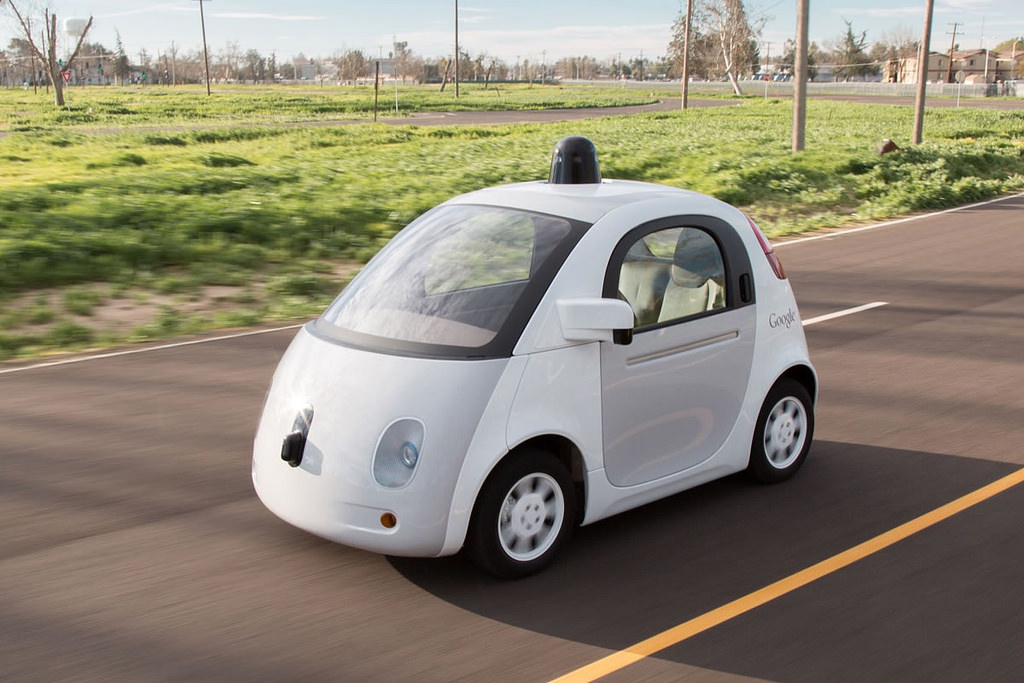Over the summer I had the pleasure of working for OnBoard Security, a cyber security firm based out of Wilmington, MA. Part of what OnBoard Security is working on is securing autonomous vehicles of the future. What does that have to do with sustainability, you might ask? Well, more than you’d think.
As I discovered, the implementation of autonomous vehicles can reap numerous environmental benefits. Among them are:
• Congestion Mitigation – this leads to wasted energy and wasted time for drivers, and increased traffic has led to “an increased amount of gasoline and diesel consumed since 1982.” Autonomous cars can communicate with each other as well infrastructure to drastically reduce traffic, thereby reducing wasted fuel.
• Platooning – the act of multiple vehicles driving close by each other, reducing aerodynamic drag. This is extremely beneficial for cars and trucks, and can have huge emission and fuel consumption impacts.
• Accident avoidance – a recent report discovered “90% of crashes are caused by human error.” Autonomous vehicles will eliminate the chance of human error, thereby drastically decreasing the number of accidents each year. Less chance for accident means less need for bulkier cars, which means cars can be made slimmer and more energy-efficient without sacrificing safety.
• Reduced Emissions – Autonomous cars can mean reduced emissions for a few reasons, the first being that most driverless vehicles are going to be either partially or fully electric. Another reason is that driverless cars use less gas and energy because the car is being used more efficiently.
• Carpooling – A final way that the autonomous vehicles reduce emissions and promotes sustainability is in its design. Driverless cars will likely lead to a car-sharing, carpooling society. Instead of the average family needing multiple cars to get places, they will only need one, since the vehicle can drop them all off. Or, perhaps they don’t need a car at all, and will instead use a ride-sharing service to get around.
It is amazing to see how sustainability can be applied anywhere, even the most seemingly irrelevant of topics!
Written by Teddi Shapiro, class of 2019

